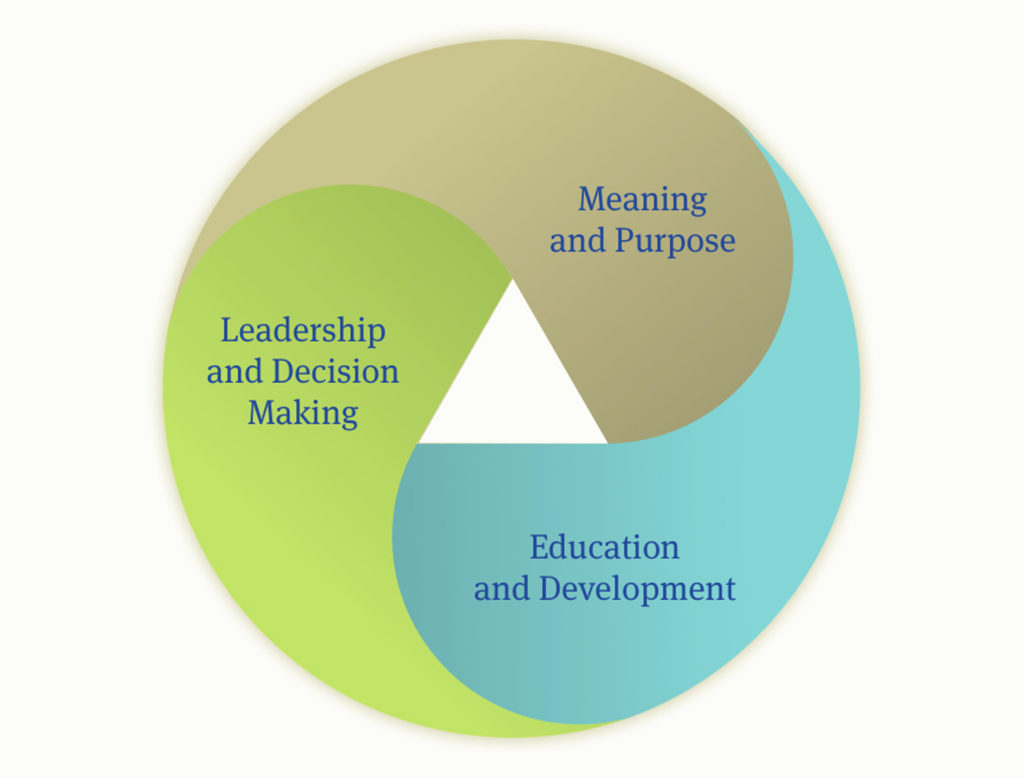
Ein starkes Fundament für eine Familie baut man nicht nur mit Worten, sondern auch mit Taten. Als Eltern und Führungspersonen in der Familie sind wir Vorbilder, deren Verhalten und Entscheidungen das Verhalten und die Entscheidungen unserer Kinder beeinflussen. Ein Vorbild zu sein bedeutet, nicht nur zu sagen, was richtig ist, sondern es auch selbst zu tun.
Stellen Sie sich vor, Sie ermahnen Ihre Kinder, immer ehrlich zu sein, während Sie selbst gelegentlich kleine Lügen erzählen. Oder Sie betonen die Bedeutung von Pünktlichkeit, während Sie selbst häufig zu spät kommen. Solche Diskrepanzen zwischen Worten und Taten können Verwirrung stiften und das Vertrauen Ihrer Kinder untergraben.
Um ein positives Vorbild zu sein, müssen Sie sich bewusst sein, wie Ihre Handlungen auf Ihre Kinder wirken. Fragen Sie sich: “Würde ich wollen, dass mein Kind sich so verhält?” Wenn die Antwort nein lautet, sollten Sie Ihr Verhalten überdenken.
Hier sind einige praktische Tipps, um ein Vorbild zu sein:
Zeigen Sie Respekt: Respektieren Sie andere, insbesondere Ihren Partner und Ihre Kinder. Hören Sie ihnen aufmerksam zu, nehmen Sie ihre Gefühle ernst und behandeln Sie sie mit Freundlichkeit und Würde.
Indem Sie ein Vorbild sind, können Sie Ihren Kindern helfen, zu verantwortungsbewussten, mitfühlenden und erfolgreichen Erwachsenen zu werden. Sie werden sehen, wie sich Ihre Kinder an Ihren Beispielen orientieren und ähnliche Werte und Verhaltensweisen entwickeln.
2. Kommunikation fördern (Encourage Communication)
Offene und ehrliche Kommunikation ist der Schlüssel zu starken Familienbeziehungen. Wenn Ihre Kinder wissen, dass sie mit Ihnen über alles sprechen können, werden sie sich Ihnen eher öffnen und vertrauen.
Um die Kommunikation zu fördern, müssen Sie ein sicheres und unterstützendes Umfeld schaffen, in dem sich Ihre Kinder ausdrücken können. Hören Sie ihnen aufmerksam zu, ohne zu urteilen oder zu kritisieren. Zeigen Sie ihnen, dass Sie ihre Gefühle verstehen und akzeptieren.
Hier sind einige Tipps, um die Kommunikation zu fördern:
Führen Sie Familienessen ein: Nutzen Sie das gemeinsame Essen als Gelegenheit, sich über den Tag auszutauschen.
Indem Sie die Kommunikation fördern, können Sie Ihre Beziehung zu Ihren Kindern stärken und ihnen helfen, ihre Gefühle auszudrücken und zu verarbeiten. Sie werden feststellen, dass Ihre Kinder offener und vertrauenswürdiger werden, wenn sie wissen, dass sie bei Ihnen Gehör finden.
In the hustle and bustle of modern life, it’s easy to let family time slip through our fingers. Yet, it’s precisely these moments that bind us together and create lasting memories. Prioritizing family time isn’t just about spending time together; it’s about meaningful time.
Creating a Family Ritual
A family ritual is a recurring activity that brings everyone together. It could be as simple as a weekly game night, a monthly family dinner, or a yearly vacation. These rituals create a sense of tradition and anticipation. They provide a consistent anchor in our ever-changing lives.
The Power of Shared Experiences
Shared experiences forge strong bonds. Whether it’s a hike in the woods, a movie night, or a volunteer project, doing things together creates shared memories and stories. These shared experiences become the fabric of our family history.
The Art of Active Listening
Active listening is a powerful tool for strengthening family relationships. It involves giving your full attention to the speaker, understanding their perspective, and responding empathetically. By truly listening to each other, we can deepen our connections and resolve conflicts peacefully.
The Importance of Unplugged Time
In our technology-driven world, it’s essential to unplug and reconnect with each other. Designate specific times when everyone puts away their phones and tablets. These technology-free moments can lead to more meaningful conversations and deeper connections.
Cultivating Gratitude
Practicing gratitude can shift our focus from what we lack to what we have. Sharing gratitude with family members can foster a positive and appreciative atmosphere. A simple “thank you” or a heartfelt expression of gratitude can go a long way.
The Value of Family Traditions
Family traditions are like threads that weave together the tapestry of our family history. Whether it’s a holiday celebration, a birthday ritual, or a cultural custom, traditions create a sense of belonging and continuity.
The Power of Forgiveness
No family is perfect. Mistakes happen, and conflicts arise. Forgiveness is a powerful tool for healing and moving forward. By forgiving each other, we can release resentment and strengthen our bonds.
The Importance of Self-Care
To be a good parent or partner, we must first take care of ourselves. When we prioritize our own well-being, we have more energy and patience to give to our family. Self-care can include activities like exercise, meditation, or simply spending time alone.
The Gift of Presence
Being present in the moment is a gift we can give to our loved ones. When we’re fully present, we’re able to truly connect with others and enjoy the simple pleasures of life.
By prioritizing family time and making conscious efforts to strengthen our relationships, we can build a strong and loving family that will last a lifetime.